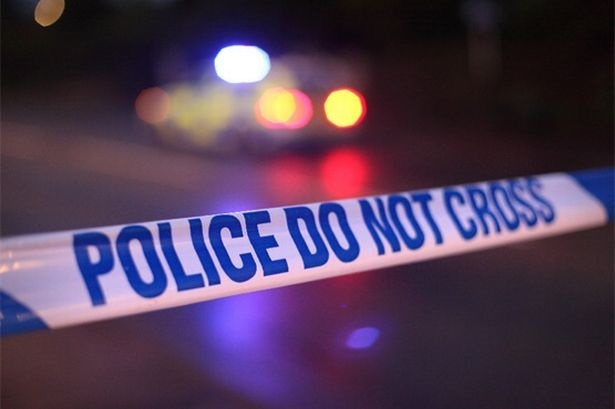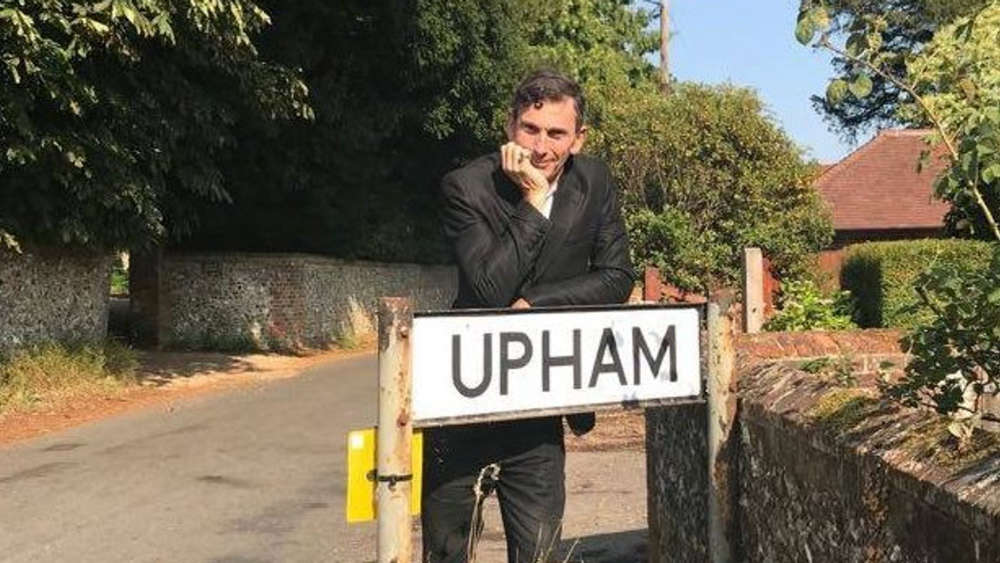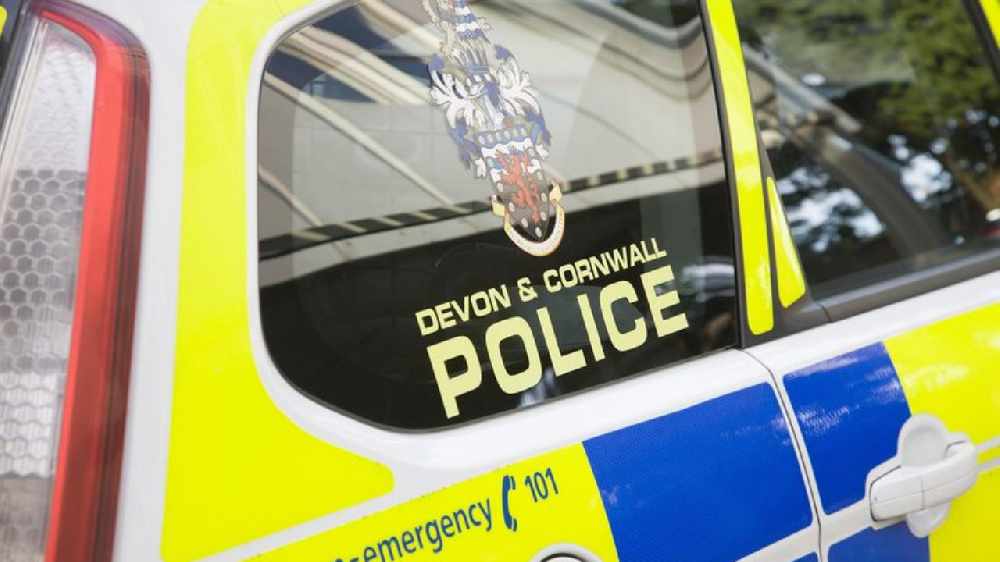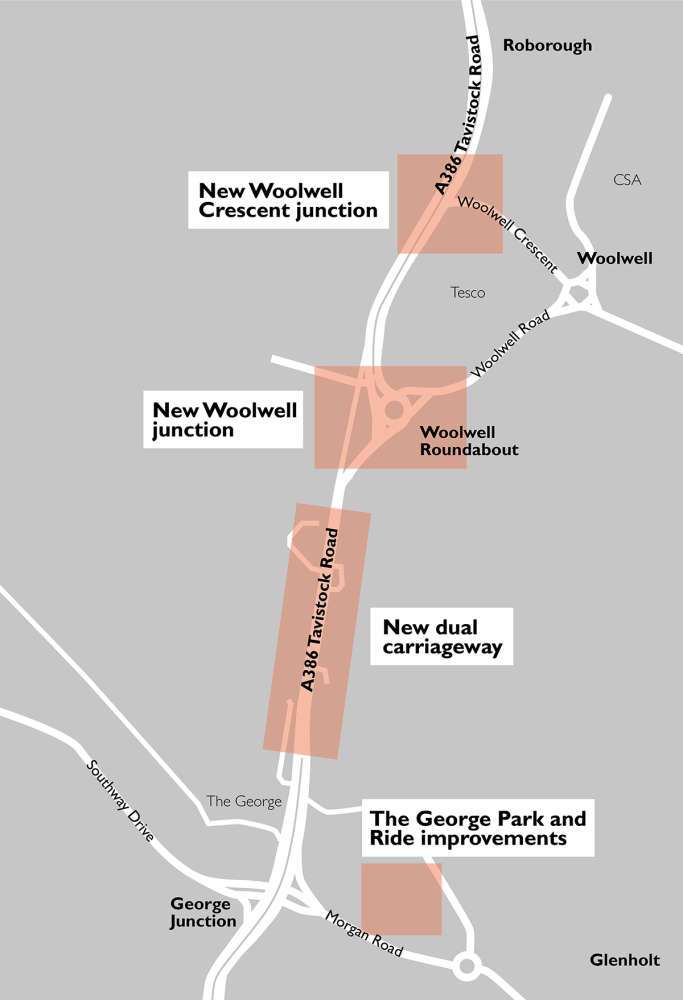
Report reveals extent in the county.
These high-level threat areas are mostly those considered ‘hidden’ crimes where the people affected are less likely to report what has happened to the police or other agencies, the report states, but adds that they can have a long-term damaging effect on people’s lives and most of these areas are associated with Organised Crime Groups that target the most vulnerable people.
A rise in teenagers being exploited as part of County Lines activity in Devon is outlined as a key threat in the report, which also reveals 19 per cent of 15-year-olds have been drunk within the last four weeks, drug related deaths are increasing, and modern slavery crimes in Devon have increased by 129 per cent.
COUNTY LINES
Devon as a County is experiencing higher levels of County Lines activity than Plymouth and Cornwall, the report says, with towns impacted including, but not limited to, Exeter, Axminster, Barnstaple, Bideford, Newton Abbot, Okehampton, Ilfracombe, Exmouth, and Tiverton.
County Lines typically involve a gang (usually made up of young males) from a large urban area travelling to smaller locations to sell class A drugs, specifically crack cocaine and heroin.
The report says: “These gangs can at times be almost virtual in that you don’t always get a group of young males travelling together and their business operating model is one that is forever changing and they know that travelling in groups exposes them to a degree of risk from law enforcement.
“There is increased concern in communities when some of the activity becomes visible, this impacts on fear of crime and quality of life of local residents. Drug related paraphernalia being left around is dangerous and has a negative impact on the community.”
It adds: “The involvement of local juveniles in County Lines has not until the beginning of this year been reported upon or evidenced. 2018 has seen an escalation in exploitation of vulnerable young people from within the Force in County lines activity. Previously, County Line groups in Devon have exploited children from outside the area, mostly 15- 17 year olds, male and female, missing persons. There is a high risk of more local children being targeted and getting involved.
“There is an emerging youth gang culture in some parts of Devon (Teignbridge, South Devon and Exeter), with youths at risk of becoming involved in drug abuse. There is a significant risk that these youths could become the targets of County Lines gangs and be exploited as enablers to enhance their capability.
“There is also a clear link between County Lines and Child Sexual Exploitation. Girls who are being exploited to hold and deal drugs are vulnerable to becoming more accessible to gang members wishing to sexually exploit them. It is possible that gangs or gang members use County Lines as an opportunity to also target young females for sexual exploitation and there has been evidence to suggest this has happened in Devon in the last 12 months.”
The report states that intelligence submissions from partners is still relatively low with the Police mainly relying on submissions from its own officers – in particular Police Community Support Officers. But adds: “This could present an issue given the planned cuts to the number of PCSOs across Devon and Cornwall unless partners are able to help to fill the gap in intelligence this potentially leaves, and there is not enough awareness across most partner agencies and limited training available.”
CHILD EXPLOITATION AND SEXUAL OFFENCES
The report says that child exploitation offences appeared to be more likely in cases where females were ‘friends’ with older males, where the offender was in a position of trust, and then in the variety of relationships classified as ‘other’ because they were not friends, peers, boyfriends or family members, yet they had established a relationship with the child such that they were able to sexually abuse or exploit them.
Nearly 1/5th of all rape and other sexual offences against children in 2016 came where the victim and the offender were friends or peers, while 15 per cent of offences were either committed by strangers and family members.
Statistics for 2016 in the report say that 85 per cent of child sexual offence victims were female and where the offender’s gender was known, 96 per cent were male. The most common age of offenders was 18-19 years old and the most common age of victims was 13-14 year olds, and there has been an increase in reporting of offences that started online, with Facebook was the most common social platform used to make contact.
Staff in Devon schools represented at the DCFP (Devon Children and Families Partnership) Education Advisory Sub Group said that they feel that they need more centralised support to deal with the issue of sexual harassment and sexual offences between children in schools, especially when it escalates.
DOMESTIC ABUSE
The annual Crime Survey for 2017 estimated that in the UK 7.5 per cent of women and 4.3 per cent of men experienced domestic abuse in the last 12 months. This is equivalent to 24,150 victims in Devon (15,450 women and 8,700 men).
Police reported domestic abuse incidents in Devon increased by 17 per cent to 9,871 in 2016-17, and where the sex of the victim was known, 76per cent were female and 24 per cent were male in 2016-17, the report states.
It adds that 36 per cent of the violent incidents resulted in injury and 271 (2.7per cent) of police reported domestic abuse incidents were sexual assault.
ALCOHOL
The report says that there are an estimated 7,095 adults living in Devon with alcohol dependence, 74 per cent of which are males and 43 percent are aged 35-54 and 22 per cent aged 25-34. This represents 1.139 per cent of the 18+ Devon population which is slightly under the national dependence rate of 1.393 per cent.
It adds that according to the ‘What about Youth’ survey of 15-year olds, 19 per cent of young people in Devon who completed the survey reported that they were drunk within the last four weeks, a rate significantly higher compared to the England average of 14.6 per cent.
Devon is also an outlier for under 18s alcohol-related hospital admissions with a rate of 45.5 per 100,000 population compared to an England rate of 34.2 for 2014/15 – 2016/17.
The report adds: “There is evidence that young people drinking is an identified problem in Devon. ‘Preloading’ is a particular issue amongst the student population (mainly Exeter) as it is cheaper to drink at home prior to going out to bars and clubs. The average spend in a club is £6 per person
“59.4 per cent of incidents which took place during the night time economy period were alcohol related and are more likely to result in injury and rates of alcohol related incidents tend to be higher in areas such as central Exeter and North Devon.”
DRUG USE
Nationally, around 1 in 12 (8.5 per cent) adults aged 16 to 59 had taken drugs in the last year, which equates to around 34,000 residents of Devon. The report says that over the last 5 years, trends in drug misuse prevalence have remained relatively static, although there is growing evidence of the impact of dangerous drug networks (County Lines) in Exeter, market and coastal towns and rural communities in Devon.
However, it says that the number of drug related deaths are increasing, with there being 34 deaths in 2017 compared to 25 in 2016, a 36 per cent rise, and that when the report was written, there has already been more deaths than in 2016.
MODERN SLAVERY
Police reported modern slavery crimes in Devon increased by 129 per cent in 2017-18 on the previous year, the report says. It says that Devon and Cornwall Police have been keeping a record of National Referral Mechanism (NRM) referrals since March 2016.
In that first year, 25 referrals were recorded. In 2017 this rose to 51 referrals. In the first three months of 2018, there have already been 21 referrals recorded, which indicates that there should be significantly more in 2018 than the previous year.
The report adds: “Modern slavery is a highly complex and hidden crime which makes it challenging to accurately measure its prevalence. Very little information is recorded and collected specifically as modern slavery. Cases are starting to be identified however, as awareness is being raised across front-line services about what to look for.
“However, as this is very much a ‘hidden crime’ awareness amongst the general public is still very limited which means that very little intelligence is coming directly from this source.
“The highest increases in police reported modern slavery crimes in 2017-18 were in South Devon and Dartmoor CSP and Exeter CSP. However, this does not necessarily show that prevalence is highest in South Devon as it could indicate that partnership working and intelligence has led to more pro-active work and identifying of modern slavery in this area.”
TERRORISM
The biggest threat in terms of incidents to Devon is from ‘lone actors’ – individuals who plan attacks independently of a network, the report states. It adds: “While there have been no terrorist incidents in Devon in the last 12 months, the national threat level is Severe (which means an incident is highly likely), so it is important to assess the potential impact of an incident occurring.”
ROAD TRAFFIC COLLISIONS
There has been an increase of 10.1 per cent in fatal and serious RTCs in Devon in 2017, with the highest increases in Exeter and North Devon and Torridge, the report says, adding that in 2016 around 22 per cent of serious casualties from RTCs in Devon were judged to have potentially life-changing injuries.
In 2017 there were 27 fatal collisions in Devon, with five in East and Mid Devon, one in Exeter, 10 in North Devon and Torridge and 11 in South Devon and Dartmoor.
The report adds that young adult car drivers in their 20’s carry two to three times the risk of being injured compared to car drivers of other ages, with a significant increase in fatal and serious mid age (25-64) car driver casualties in Devon in 2016.
ANTI-SOCIAL BEHAVIOUR
The report says there was a decrease in both police reported anti-social behaviour (two per cent) and street drinking (six per cent) across Devon in 2016-17, although there was a significant increase seen in South Devon and Dartmoor CSP (11 per cent and 14 per cent respectively).
There was an increase in both police reported criminal damage (14 per cent) and public order offences (29 per cent) across Devon. Exeter CSP was the only area to see a decrease in criminal damage (4per cent) and the highest increases in criminal damage and public order offences were seen in South Devon and Dartmoor CSP (24 per cent and 57 per cent respectively).
The report adds: “South Devon has had to deal with gang-related issues in the last year and this appears to be reflected in the significant increases in ASB and criminal damage offences
“The changing nature of crime, and the response to ‘austerity’ has led to reduced police resources being available to tackle anti-social behaviour and prevention activity. There is potential for this to undermine confidence and legitimacy.
“Project Genesis has been established by Devon and Cornwall Police to re-design Neighbourhood Policing to manage planned reductions in PCSO numbers (from 360 to 150) while at the same time examining solutions to mitigate the adverse impact. These include the recruitment and deployment of new Specialist Problem Solvers, the use of volunteers in policing, and a better trained and more focused team of neighbourhood staff in each locality.”
ACQUISTIVE CRIME
There have been increases in acquisitive crime – which includes robbery, vehicle offences, burglary, shoplifting and other theft – the report states, adding that the rise, as well as the increases in violent crime appear, at least in part, to be linked to County Lines and other serious organised crime activity in some parts of Devon.
The report will go before North Devon Council’s crime and disorder sub-committee on Tuesday, December 12.
 Exeter man wins £1 million on scratchcard
Exeter man wins £1 million on scratchcard
 Missing Christmas Day swimmer named
Missing Christmas Day swimmer named
 Two men missing after entering sea
Two men missing after entering sea
 Students take over Radio Exe
Students take over Radio Exe
 Work to start on major Tavistock Road improvements
Work to start on major Tavistock Road improvements
